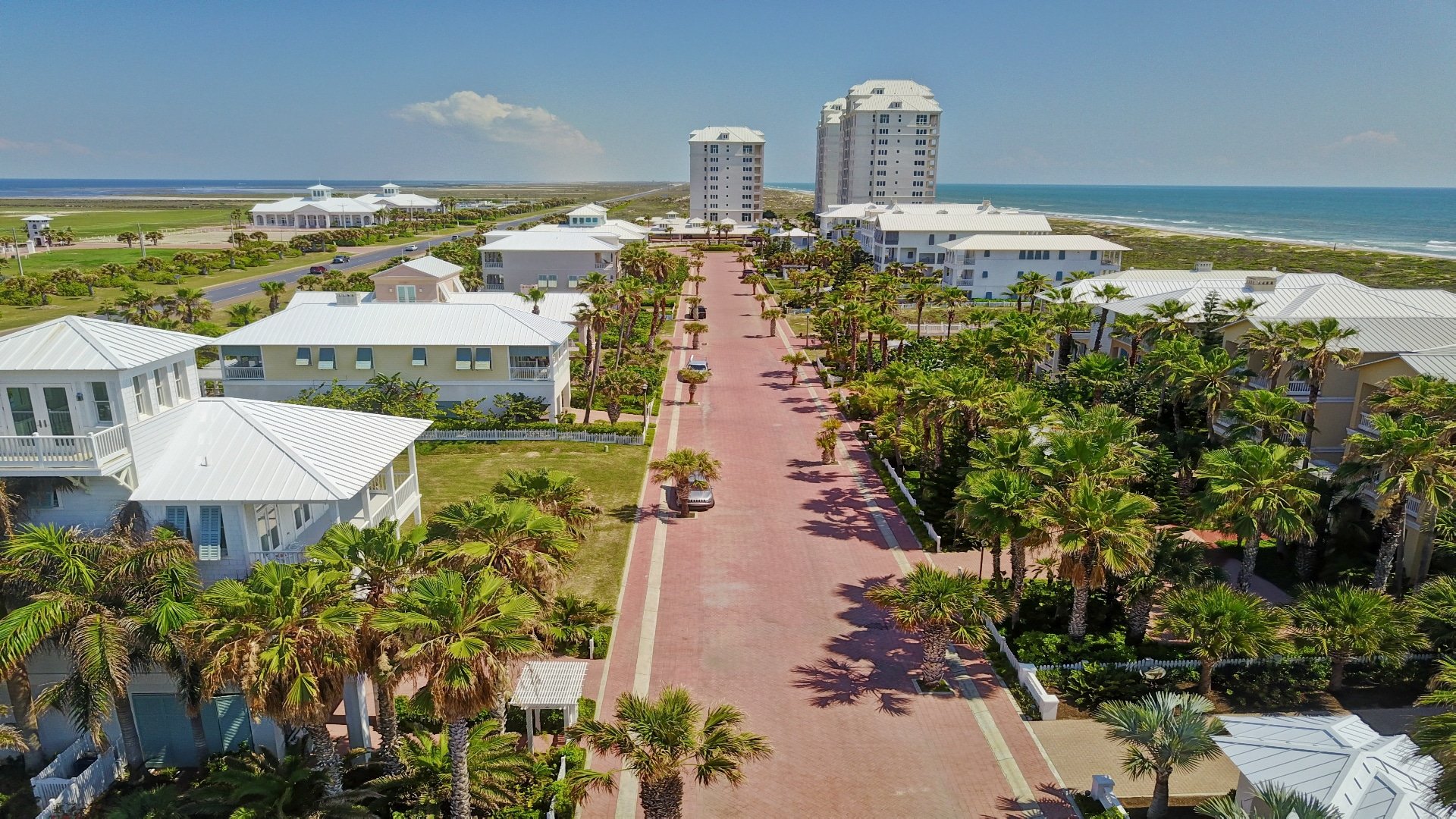With each cold front and strong north winds come more pelican deaths on State Highway 48 between Brownsville and Port Isabel. Richard Moore explains how lowering the speed limit from 75 mph along with other measures could greatly reduce the danger to motorists and wildlife.
At least six more brown pelicans were tragically struck and killed by vehicles on Highway 48 between Brownsville and Port Isabel during the recent cold front that blew thru the Rio Grande Valley during the first of the week. This adds to the 75 that were killed just over a week ago.
The pelican death toll would have been much higher this time as well had it not been for the dedicated volunteers that slowed traffic and helped stranded birds get airborne.
Struggling against strong north winds as they attempt to reach their roosting grounds in the Bahia Grande, some pelicans crash into the concrete barrier separating the four lanes of traffic along the Carl “Joe” Gayman Channel.
Tommy Saenz and Jason Fry recorded remarkable video of pelicans actually striking the concrete wall, and then struggling to surmount the barrier.
It appears that the solid four foot high concrete wall atop the berm contributes to a deadly downdraft causing the low flying birds to literally fall out of the sky.
Ernesto Reyes Jr., U.S. Fish and Wildlife Service Biologist with Ecological Services, “Backside, on the south side of the barrier is causing a negative pressure which causes a downdraft along Highway 48.”
Sadly, this dangerous scenario has been ongoing for the past several years with untold numbers of pelicans being killed during each strong norther and posing serious risk to motorists.
A year ago the placement of 26 pelican poles atop the two area bridges seems to have prevented some deaths by encouraging the birds to fly at a higher and safer altitude, but birds are still being killed on the bridges.
While removal of the concrete barrier and replacing it with a guardrail along the five mile stretch of waterway between the two bridges is being recommended, immediately reducing the speed limit substantially would save the lives of pelicans and protect fishermen and motorists alike.





